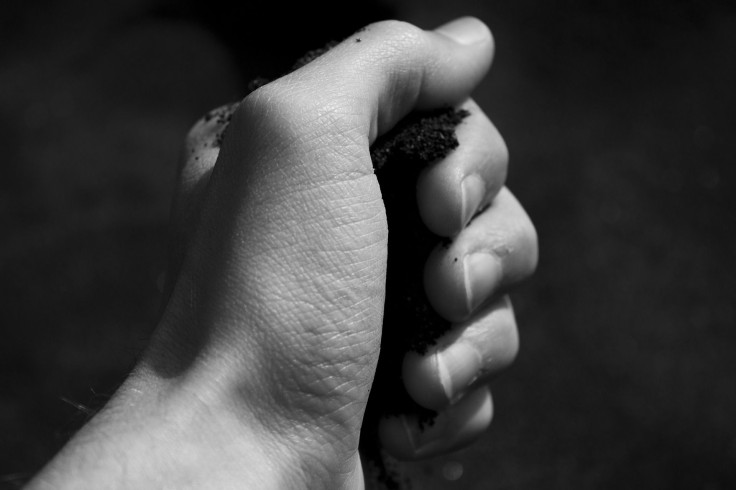Shift From Manufacturing To Tech Jobs Has Made Millennials’ Grip Strength Weaker Than Workers In 1985

Compared to past generations, millennials are more likely to be sitting in a chair for their job, answering phone calls or typing away on a computer. It shouldn’t be a shock, then, that young people under the age of 30 today have much weaker hands than older generations, according to a new study published in the Journal of Hand Therapy. The study found that men under the age of 30 and women aged 20-24 had much weaker hand grips than people in the same age groups did in 1985.
The researchers believe that the likeliest explanation is the decline of manual labor in the U.S., with more people working informational jobs than factory or industrial jobs now than in previous decades. Millennials, in particular, have had the strongest relationship to technology, and are the generation that has pioneered most technology-related businesses. In short, we’re using our phones or typing on our iPads a lot, but much fewer of us are out in the fields harvesting or in the factory lifting heavy equipment.
“Work patterns have changed dramatically since 1985, when the first norms were established,” Elizabeth Fain, a lead author of the study, told NPR. “As a society, we’re no longer agricultural or manufacturing … What we’re doing more now is technology-related, especially for millennials.”
In the study, the researchers gathered data on 237 millennials, excluding anyone who already had hand or thumb injuries. The participants were given a hand dynamometer, a device that can measure someone’s grip in pounds. Millennial men aged 20-24 today had grips of only 101 pounds for their right hand and 99 pounds for their left hand, compared to the 121 pounds and 105 pounds, respectively, of their counterparts in 1985. Men between 25 and 29 years old today, meanwhile, had a loss of 26 pounds for their right hand and 19 pounds for their left compared to those in 1985. The dynamometer measures not only someone’s hand strength, but also their wrist and arm strength.
Grip strength doesn’t only define what generation you may be in — or signify how hearty your character is when you shake hands with someone — but can be telling about other aspects of health. For example, hand-grip and handshakes can be predictors of a person’s disability and life expectancy and may determine how quickly you might age. Grip strength has also been linked to diabetes risk.
The researchers are wary in concluding that millennials are entirely weaker, as more research would need to be done to confirm the difference in grip strength. And while millennials may not be as physically strong as past generations, we can only hope that they make up for it in technological brainpower.
Source: Fain E, Weatherford C. Comparative study of millennials’ (age 20-34 years) grip and lateral pinch with the norms. Journal of Hand Therapy , 2016.
Published by Medicaldaily.com



























